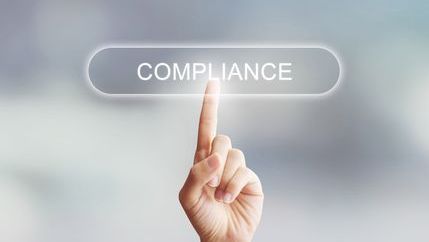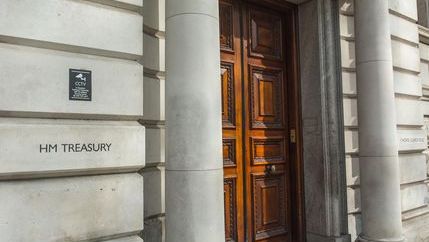
Overseas entities (a legal entity, such as a company or other organisation governed by a law or territory outside of the UK) who want to buy, sell or transfer property or land in the UK, must register with Companies House and declare who their registrable beneficial owners or managing officers (any individual or entity who owns or controls the overseas entity) is.
Impact on property agents
Before an overseas entity can be registered, they’ll need to find a UK-supervised ‘relevant person’ to verify the information.
A relevant person is also known as a UK-regulated agent and is defined as either an auditor, insolvency practitioner, external accountant, and tax adviser; independent legal professional; or trust or company service provider. It also includes estate agents and letting agents supervised by HMRC under the Money Laundering Regulations.
If required to do so estate and lettings agents must complete verification checks on the information that the overseas entity intends to provide to Companies House. This includes information about the entity’s beneficial owners and/or managing officers.
Overseas entities who already own land in the UK will be given six months to register their beneficial owners or managing officers. This six-month period will not begin until the new register has been launched. Any new purchasers will need to register with Companies House from the day the register comes into effect.
Registration
Companies House advise that it is quicker and easier for an overseas entity to be registered by the same UK-regulated agent that carried out its verification checks. Information about the overseas entity, any registrable beneficial owners and the UK-regulated agent that carried out verification checks and when and the agent’s assurance code will need to be provided.
If someone else is registering the overseas entity, such as someone who works for the entity, they will be asked to enter the agents’ details as part of their application (including a verification check statement and assurance code). After the overseas entity has submitted its registration, agents will have 14 days to email their verification check statement to Companies House.
UK-Regulated Agent details
Overseas entities will need to provide to Companies House the UK-Regulated Agents’ name, correspondence address, email address, supervisory body, AML number if they have one and the name of the person with overall responsibility for verification checks.
What do agents need to do?
UK-Regulated assurance code – if required to verify information estate and letting agents need to request an agent assurance code from Companies House. Agents only need to request one code for the whole organisation. This confirms that the agent has the authorisation to file verification checks statements for an overseas entity. Companies House cannot register an overseas entity without a code. The pre-registration service to request an assurance code is now open.
Verification checks – where required to do so estate and letting agents must complete verification checks on all beneficial owners and managing officers of an overseas entity before it can be registered. Agents will need to complete and sign an overseas entity verification checks statement confirming that they have carried out these checks and submit it to Companies House. Verification checks must be completed no more than three months before the overseas entity is registered.
Overseas entity verification checks statement – if the estate or letting agent that carried out the verification checks is also registering the overseas entity, it can complete this statement as part of the registration service. Otherwise, it will need to submit an overseas entity verification checks statement.
What information will be public?
Most of the information given to Companies House about overseas entities, beneficial owners and managing officers will be publicly available on the Register of Overseas Entities. This includes the agent assurance code and the date verification checks were completed.
What happens after an overseas entity is registered?
If the application is accepted, the overseas entity, and its beneficial owners and managing officers will be added to the Register of Overseas Entities. Companies House will provide an Overseas Entity ID, which must be given to the Land Registry whenever the entity buys, sells or transfers land or property in the UK. The land registration elements of the legislation will come into force on 5 September 2022 in order to allow time for those currently engaged in a relevant land transaction to comply with the new requirements.
Updating information on the register
The overseas entity must file an annual update one year after it was registered, and every year after that.
Transition period
Overseas entities who bought property or land on or after 1 January 1999 in England and Wales, or 8 December 2014 in Scotland, will have until 31 January 2023 to register with Companies House and tell them who their registrable beneficial owners are or managing officers are. For Northern Ireland, overseas entities only need to register property or land bought on or after 1 August 2022.
Entities that disposed of property or land anywhere in the UK after 28 February 2022 will also need to register and give details of that disposal, even if that entity is now otherwise out of scope of the requirement to register with Companies House.




